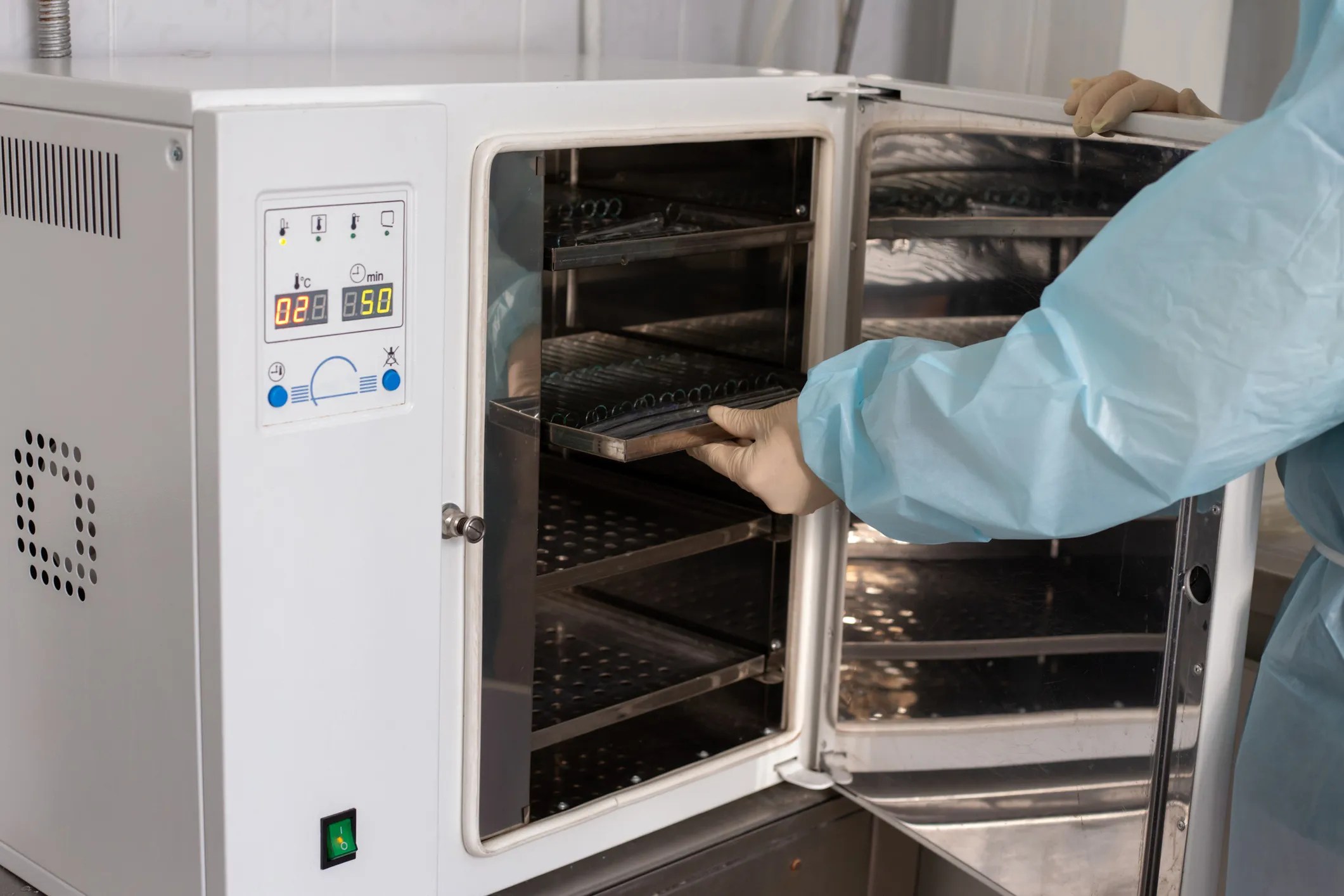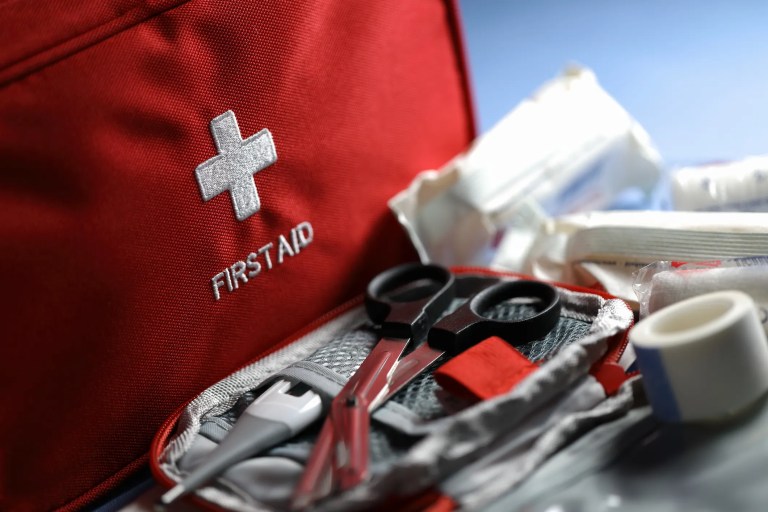IEC 60068-2-2 Ed. 6.0 b:2025—Dry Heat Temperature Testing

Ever wonder how electronic components survive in scorching heat—like the inside of a sunbaked car, a rooftop telecom unit in midsummer, or a power supply cabinet baking in an unventilated factory? Devices still respond—all thanks to rigorous environmental testing. These tests are detailed in IEC 60068-2-2 Ed. 6.0 b:2025—Environmental testing – Part 2-2: Tests – Test B: Dry heat, and this standard applies to both non-heat-dissipating and heat-dissipating specimens to check for material deterioration, assure structural integrity, and maintain functionality in various high-temperature scenarios.
What Is the IEC 60068 Series?
The IEC 60068 series is a foundational suite of international standards for environmental testing of electrotechnical and electronic products. Its goal is to define how devices should behave when exposed to environmental stresses (temperature, humidity, vibration, etc.). Within that suite include the following IEC standards:
- IEC 60068‑1 provides general principles and guidance
- IEC 60068‑2 contains specific tests (e.g., cold, dry heat, humidity)
- IEC 60068‑3 provides supporting methods, guidance, and auxiliary material
So, IEC 60068-2-2 Ed. 6.0 b:2025 is one of those “specific test” standards—specifically for dry heat testing.
What Is IEC 60068-2-2 Ed. 6.0 b:2025?
IEC 60068-2-2 Ed. 6.0 b:2025 specifies dry heat temperature tests that are applicable to non-heat-dissipating and heat-dissipating specimens to determine the ability of components, equipment, or other articles to be used, transported, or stored at high temperature. This document is applicable to energized and non-energized specimens that normally achieve temperature stability during the test. The specimens can be subject to test in packed condition (to simulate transportation and storage) or in unpacked condition (to simulate use).
IEC 60068-2-2 Ed. 6.0 b:2025 does not specify tests to determine the impact of temperature changes on specimens.
Dry Heat Temperature Testing
Dry heat testing is a basic test type used for development, quality assurance, and reliability. It includes heat-resistance testing and material deterioration testing of specimens, such as electronics, aerospace components, and medical devices in high-temperature environments. The test essentially evaluates a product’s or material’s ability to withstand high temperatures in low-humidity conditions, assuring their ability to be used, transported, or stored reliably.
It is also used in sterilization, particularly for items that may be damaged by moisture, such as glassware, powders, and certain metal instruments, and dry heat sterilization kills microorganisms through oxidation and protein denaturation.
Dry heat testing is standardized by IEC 60068-2-2 Ed. 6.0 b:2025.
What Is New in the 2025 Publication of IEC 60068-2-2 Ed. 6.0?
This sixth edition of IEC 60068-2-2 cancels and replaces the fifth edition published in 2007. This edition constitutes a technical revision and includes the following significant technical changes with respect to the previous edition:
- Revision of the introduction and scope
- Inclusion of new figures and symbols for clarification purposes
- Clarification of the test procedure for ascertaining high or low air velocity in the test chamber
- Clarification of the requirements for measuring points around, on or in specimens
- Reintroduction of the nomogram procedure for the correction of the conditioning temperature when testing with high air velocity (Test Bd and Test Be)
- Revision of the temperature tolerances of the test
- Revision of standardized requirements for the relevant specification and test report
- Inclusion of the advantages and disadvantages of the testing procedures
Where to Find IEC 60068-2-2 Ed. 6.0 b:2025
IEC 60068-2-2 Ed. 6.0 b:2025—Environmental testing – Part 2-2: Tests – Test B: Dry heat is available on the ANSI Webstore as well as in the Standards Packages: IEC 60068-2 – Environmental Testing Package and IEC 60529 / IEC 60068-2-1 / IEC 60068-2-14 / IEC 60068-2-31 / IEC 60068-2-78 – Degrees of Protection.






